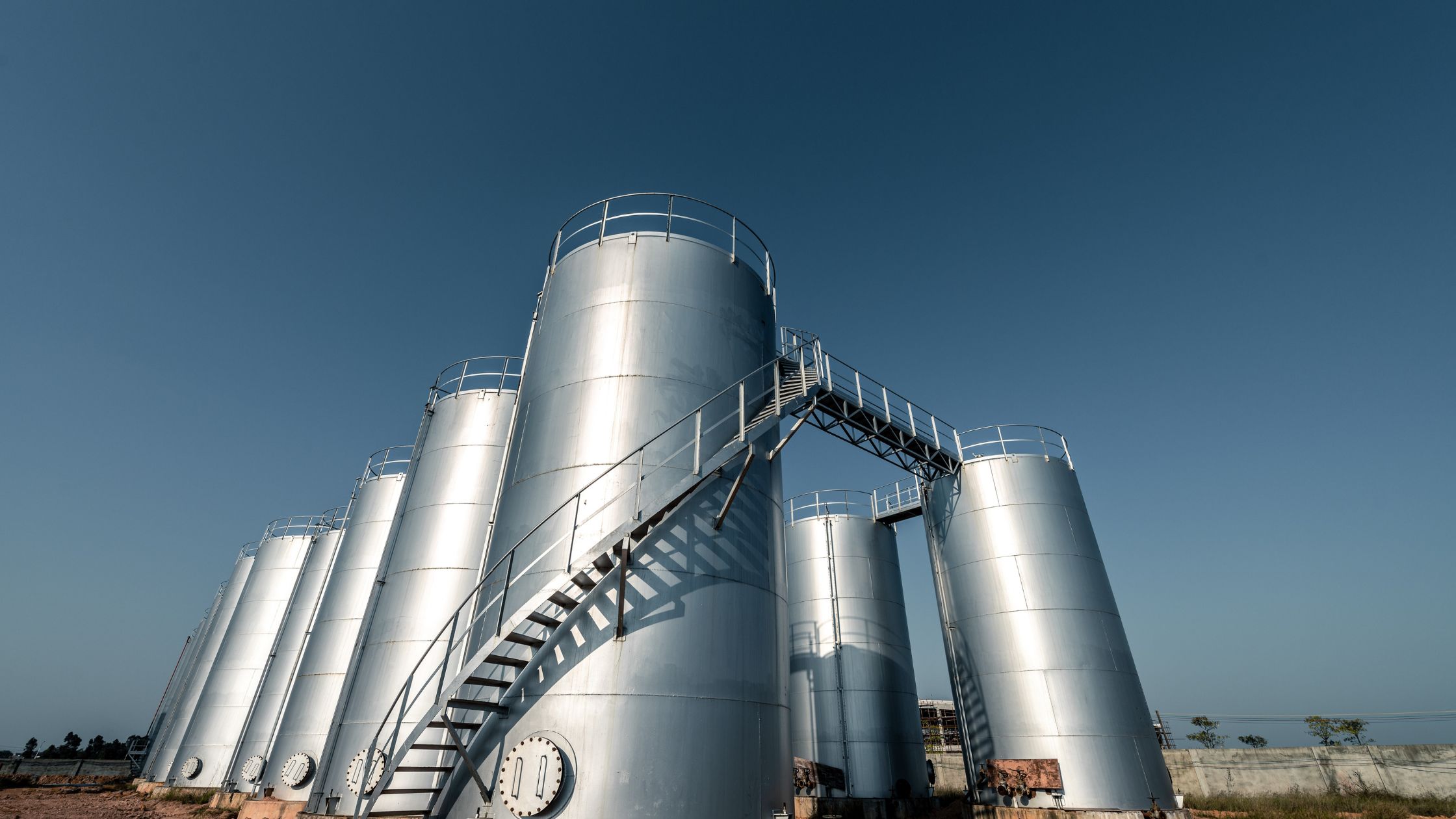Magnetic Flux Leakage (MFL): A Superior Screening Tool for Tank & Pipeline Integrity

From oil transportation to chemical storage, industrial tanks and pipelines play a vital role in many industries. Magnetic flux leakage (MFL) testing is a powerful tool to ensure the safety and structural integrity of these and other critical steel infrastructure, and it’s one of our specialties at Industrial Inspection & Analysis (IIA).
What is MFL Testing?
A fast, effective form of non-destructive testing (NDT), MFL is used to identify corrosion, pitting, wall loss, and other anomalies in storage tanks, pipelines and other steel structures. MFL has become a go-to method in heavy industries where structural integrity issues can be catastrophic. Common applications include:
- Oil & Gas Pipelines
- Storage Tank Floors
- Structural Steel (Bridges, Cranes, & Offshore Rigs)
How it Works
The MFL testing process begins by applying a strong magnetic field to the structure or component being inspected. The principle behind MFL is that corrosion, pitting, wall loss and other flaws will disrupt, or create a “leak” in, the magnetic field. Magnetic sensors placed near the surface are used to detect leakage caused by thinning or missing metal. Through expert analysis, the size and severity of the damage can be roughly determined by the amount and shape of the leakage. If no defects exist, the magnetic field will remain essentially intact.
Benefits of MFL Testing
MFL testing offers a number of benefits to the businesses that employ it, including:- Safety: Early detection of defects helps to prevent potentially catastrophic failures in pipelines, tanks, cables, and other critical infrastructure.
- Speed: Today’s MFL tools provide rapid scanning, making them an efficient test method for large tank floors and long pipelines.
- Savings: As an NDT method, MFL helps minimize or avoid costly downtime. In addition, early detection of issues helps companies reduce costs related to repairs, environmental cleanup, or safety incidents.
- Non-Destructive: The steel structure or component does not need to be cut, damaged, altered or drained, making MFL ideal for in-service inspection.
- Compliance – Routine MFL is an important tool to help you meet various standards and regulations, including API 653 tank inspections.
Why Choose IIA?
As a leader in non-destructive testing, IIA provides fast, accurate MFL testing and a full range of other industrial field inspections. Our team includes MFL-certified technicians who provide expert analysis of test results.
As a full-service inspection company, IIA can also provide follow-up ultrasonic testing (UT) to verify MFL indications and measure actual metal thickness at specific locations. We provide unparalleled service and detailed reporting, as well as repair recommendations and strategies to safely extend the life of your equipment.




